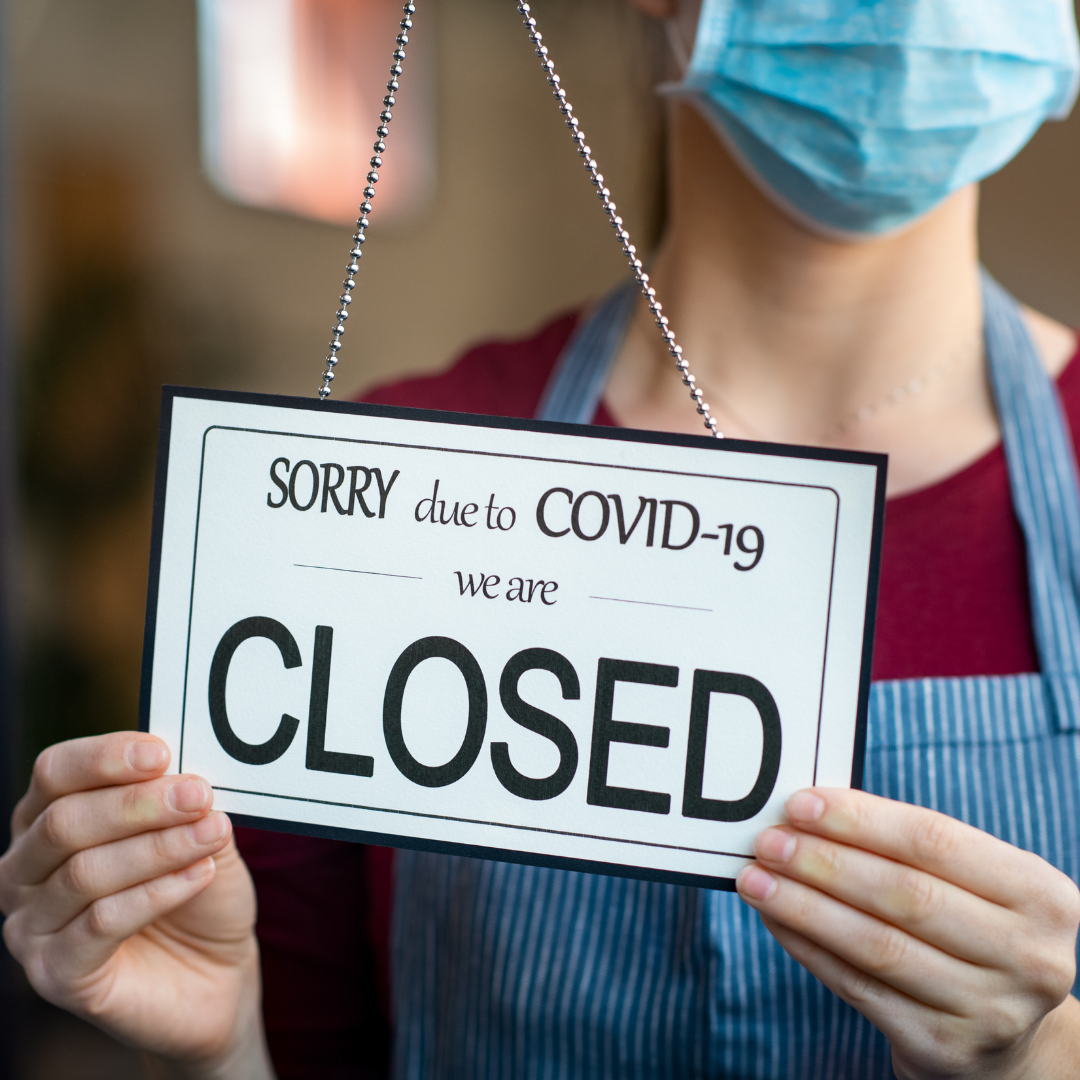Small business owners should understand how their company is performing well. However, most do not. When starting a business, an owner may think that because they don’t have employees or many overhead costs, they don’t have to do much tracking. This is a mistake. Every business has a life cycle; as your business grows, you need to keep track of its success or failure.
Starting a small business but not getting off the ground or failing is a common problem. Also, it can be frustrating and regretful to see a small business fail. This article highlights the top reasons why small businesses fail.
- Lack of Money – The viability of small business hinges on various factors, and a prominent challenge is often a lack of funding. Even with a stellar product idea, the inability to secure sufficient funds for essential operations like hiring, manufacturing, and marketing can impede the business’s launch and growth. However, it’s crucial for entrepreneurs to recognize that a scarcity of funds doesn’t have to be a permanent obstacle.
In today’s diverse financial landscape, numerous funding options abound for small businesses. Entrepreneurs can explore grants tailored to specific industries, tap into loans that cater to their business needs, seek support from angel investors willing to invest in promising ventures or harness the power of crowdfunding platforms. Each avenue comes with its own set of advantages and considerations, allowing businesses to choose the most fitting solution for their unique circumstances.
With strategic financial planning and the right funding source, a small business can transform its initial challenges into opportunities for success. By leveraging available funding options, entrepreneurs can breathe life into their vision, hire skilled professionals, manufacture quality products, and implement robust marketing strategies. With the right financial support, a promising small business has the potential to not only overcome initial hurdles but to thrive and flourish in the competitive market landscape.
- Poor Management – A lot of business owners forget that when it comes to startups, management is everything. If owners don’t manage their employees well, then problems are inevitable. Some business owners simply haven’t learned everything they need to know when it comes to proper management, but luckily, there are a few easy fixes.
- Poor Communication – Some entrepreneurs seem to think that failing at business means they failed at communication. Recent surveys found that failure to communicate was the most common reason startups failed.
- Poor Planning – The business plan contains essential information about your company that will help you identify your strengths, weaknesses, opportunities, and threats, all of which will help you to achieve your goal.
- Legal Trouble – Legal trouble is a significant factor contributing to the failure of many small businesses. Startups, in particular, may face challenges in navigating complex regulatory landscapes and contractual obligations without a lawyer or legal resources from https://faisonlawgroup.com/ or a similar website. This is because issues such as inadequate legal documentation, failure to comply with industry regulations, or disputes with partners can quickly escalate, leading to legal troubles that strain resources and hinder business operations.
- Lack of Resources – Lack of resources is one of the most common reasons startups fail. Startups typically start with bootstrapped capital, which amounts to whatever money the owner has in the bank at the time. They can ask for small loans and partnerships, but these can fail or take a long time. Instead, start applying for small business loans for startup capital.
- Market Failure – Entrepreneurs from all countries dream of growing their businesses to become a big success, but if your business flops, it’s most likely not your fault. There can be many reasons why your business doesn’t work. A major reason could be not doing enough research on the market and your offerings.
Knowing what you offer and who your target audience is becomes very important when starting a new endeavor. For every market, some tools can help entrepreneurs conduct thorough market research before launching any product/service – like Conjointly’s Kano Model Tool for SaaS offerings, as an example.
This can be better understood with the help of an illustration. Say that you are a small business that intends to create innovative medical devices. While the goal of creating such devices is undoubtedly noble, it becomes a daunting task if you lack awareness of the current needs in the medical field or struggle with determining appropriate pricing. In this scenario, conducting thorough market research becomes a crucial step for success.
Without a clear understanding of the medical devices in demand or their optimal pricing, the venture may face significant challenges. To enhance your chances of success, therefore, it is essential to gather comprehensive market insights. For instance, seeking assistance from specialized companies like IDR Medical can provide valuable expertise in navigating the complex landscape of medical device development. By collaborating with them, you can leverage their industry knowledge and insights — you can Learn more about IDR Medical’s services on the Web if the subject matter has piqued your interest.
- Industry Failure – Startup failure rates remain elevated, with diverse factors contributing to these setbacks. One often-overlooked determinant is the profound influence of industry dynamics on a startup’s trajectory. The consequences of entering an industry facing systemic challenges can prove detrimental to a fledgling business. Despite the array of sectors available, entrepreneurs grapple with the difficulty of discerning the optimal path for their ventures.
The temptation to avoid industries perceived as overcrowded or saturated is common. However, the key lies not in dismissing such markets outright, but in strategic navigation. An industry’s apparent saturation should prompt entrepreneurs to innovate and carve out niches within, rather than dissuading them from participation. Success in saturated markets demands unique value propositions, differentiation strategies, and a deep understanding of unmet needs.
Entrepreneurs should conduct thorough market analyses to identify gaps and opportunities for disruption within seemingly crowded spaces. Embracing innovation, adaptability, and a customer-centric approach can empower startups to thrive even in competitive landscapes. By acknowledging industry challenges and strategically positioning themselves, entrepreneurs can defy the odds and turn industry dynamics into catalysts for success.
One of the best ways to reorient a business strategy is to evaluate its past performance, and take the steps necessary to achieve success. A viable approach, therefore, would be to utilize an Officially Recommended Balanced Scorecard Tool. Balanced scorecards usually have relevant metrics that can allow better alignment of day-to-day work with strategic goals. While doing so, they take into consideration, the different factors surrounding a business, and understand how customer satisfaction can be achieved.
Failure is a part of life. While most people would prefer to avoid it, it happens to us all. The key is to learn from it so that it shouldn’t happen again. Failure will never overtake you if you learn from what happened and take the appropriate steps to correct it.
Small businesses are the backbone of the American economy, providing jobs and supporting communities across the country. Unfortunately, nearly one-third of startups fail each year, and the reasons for their demise range from being too close to the competition to not being able to adapt to changing consumer tastes. But small business owners still want to take their businesses to the next level.
It’s important to note that not every one of the 8 reasons can be avoided, so it’s important to try and understand your business and plan for these issues. To prevent failure, know your industry, do market research, create a solid business plan, get legal advice, and do all the other things a small business owner needs to do.






